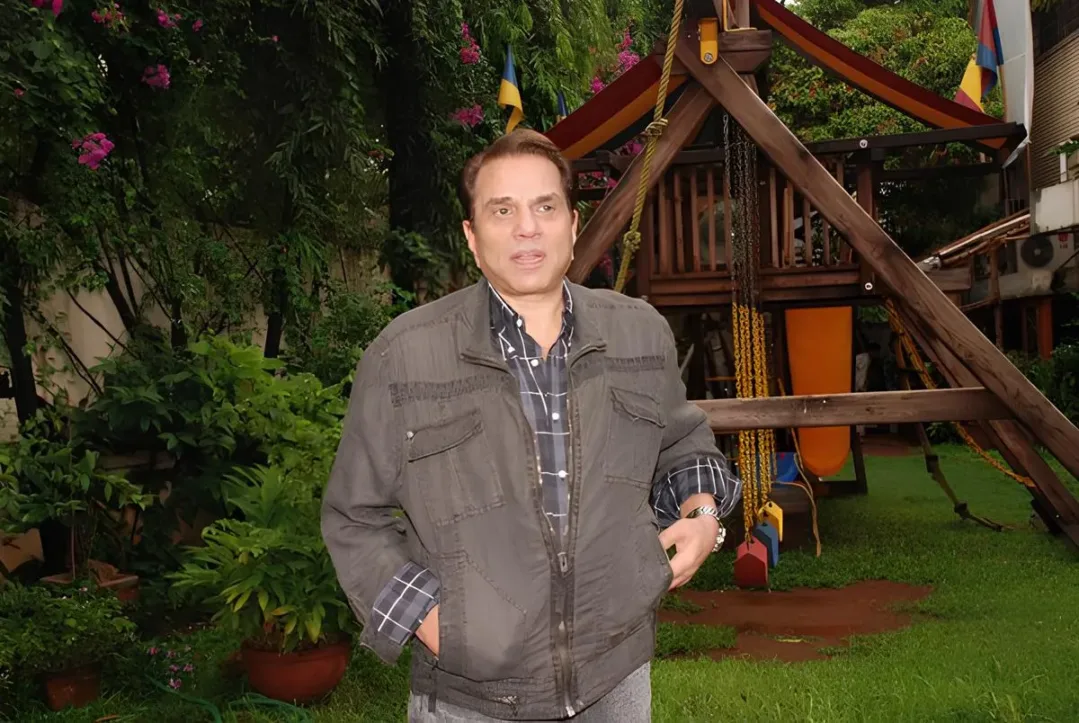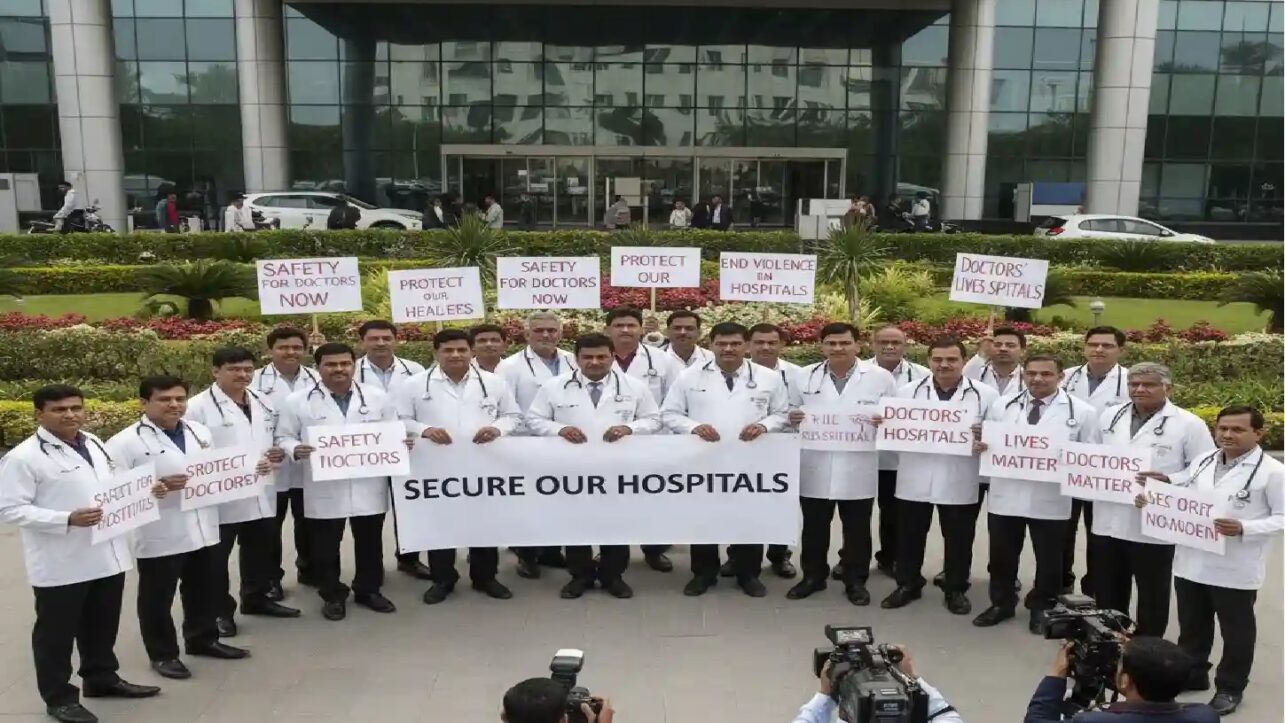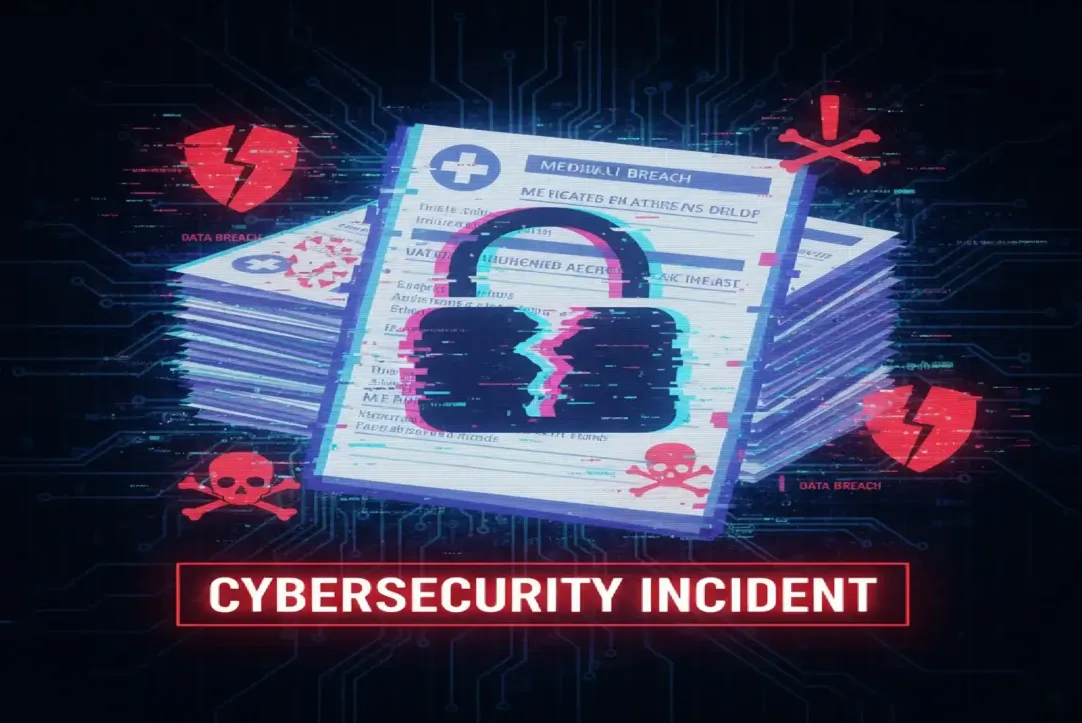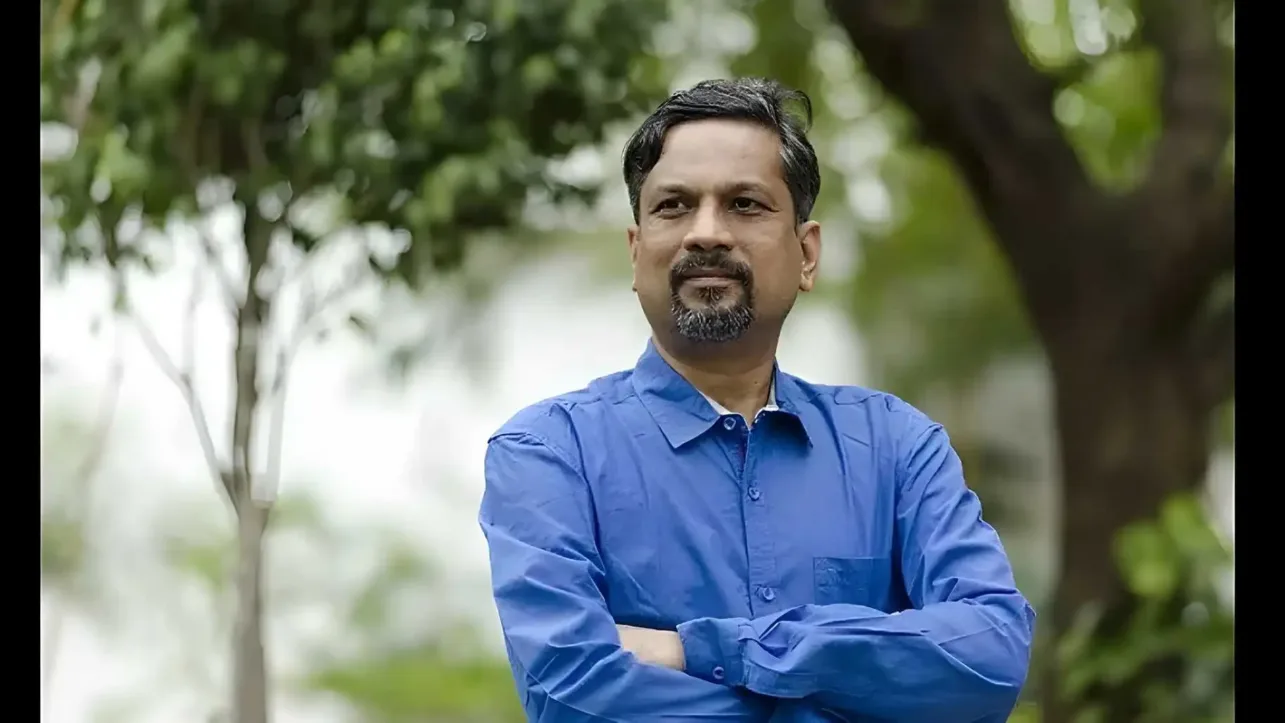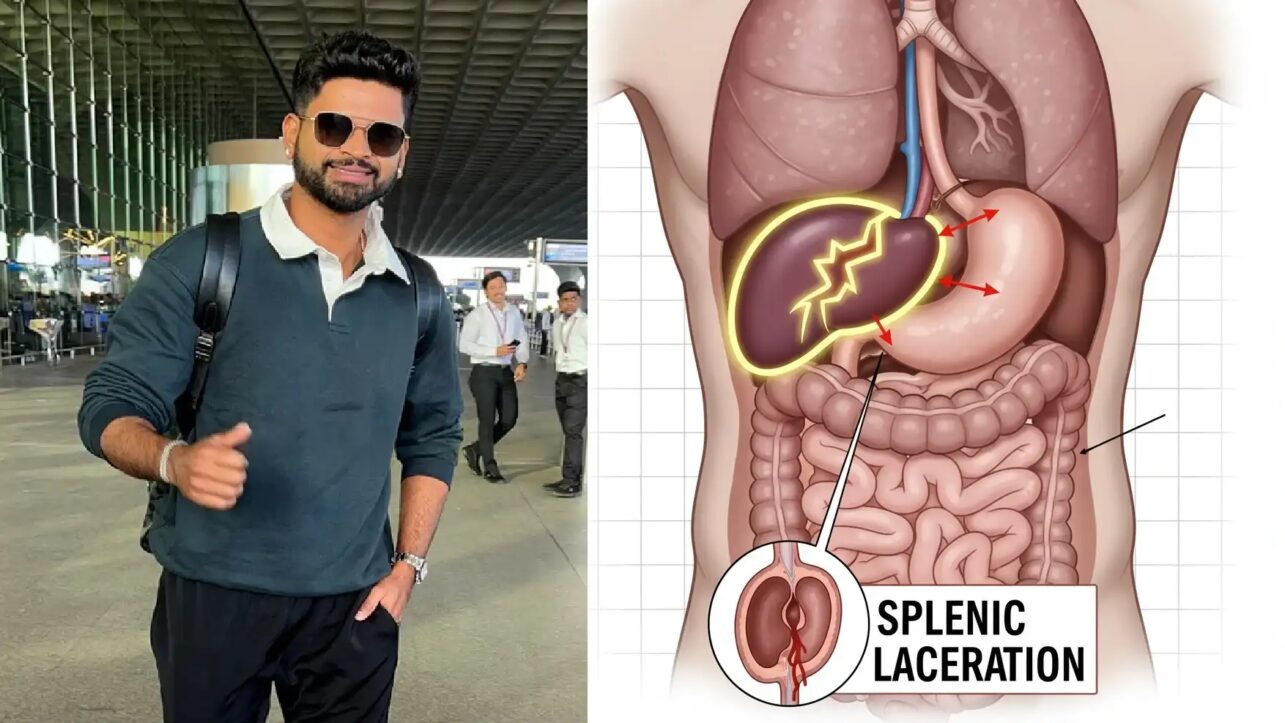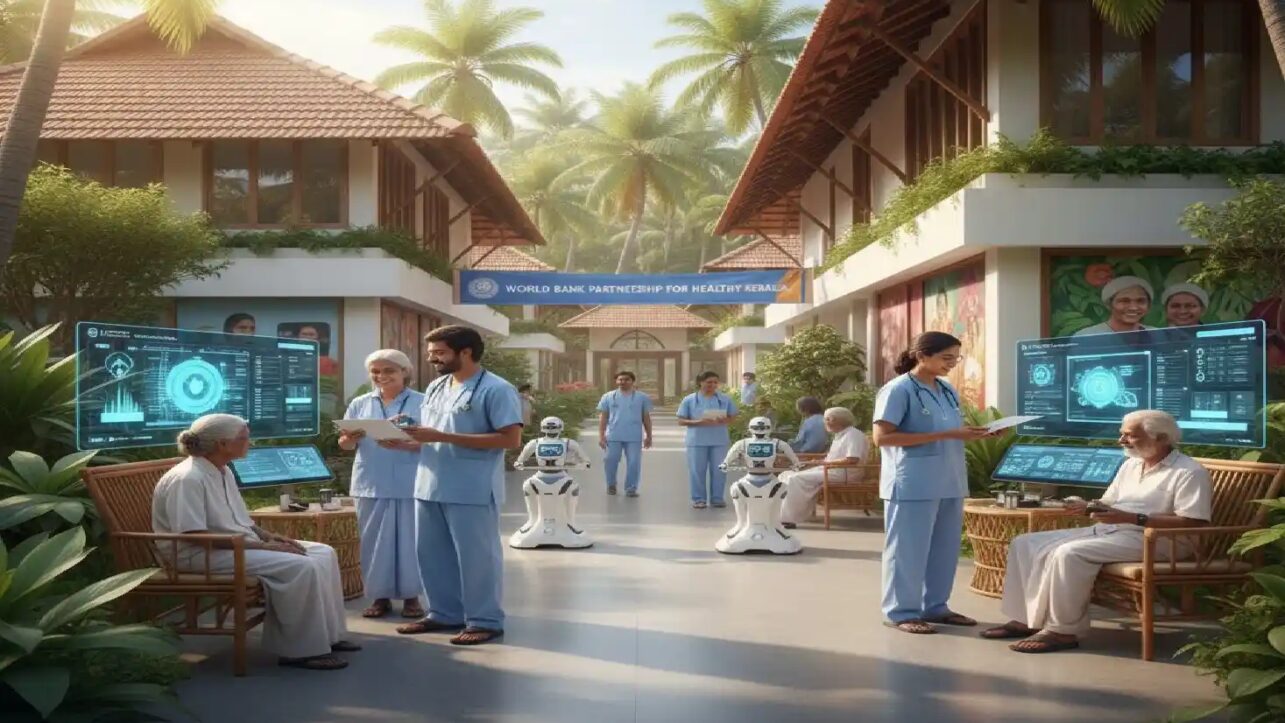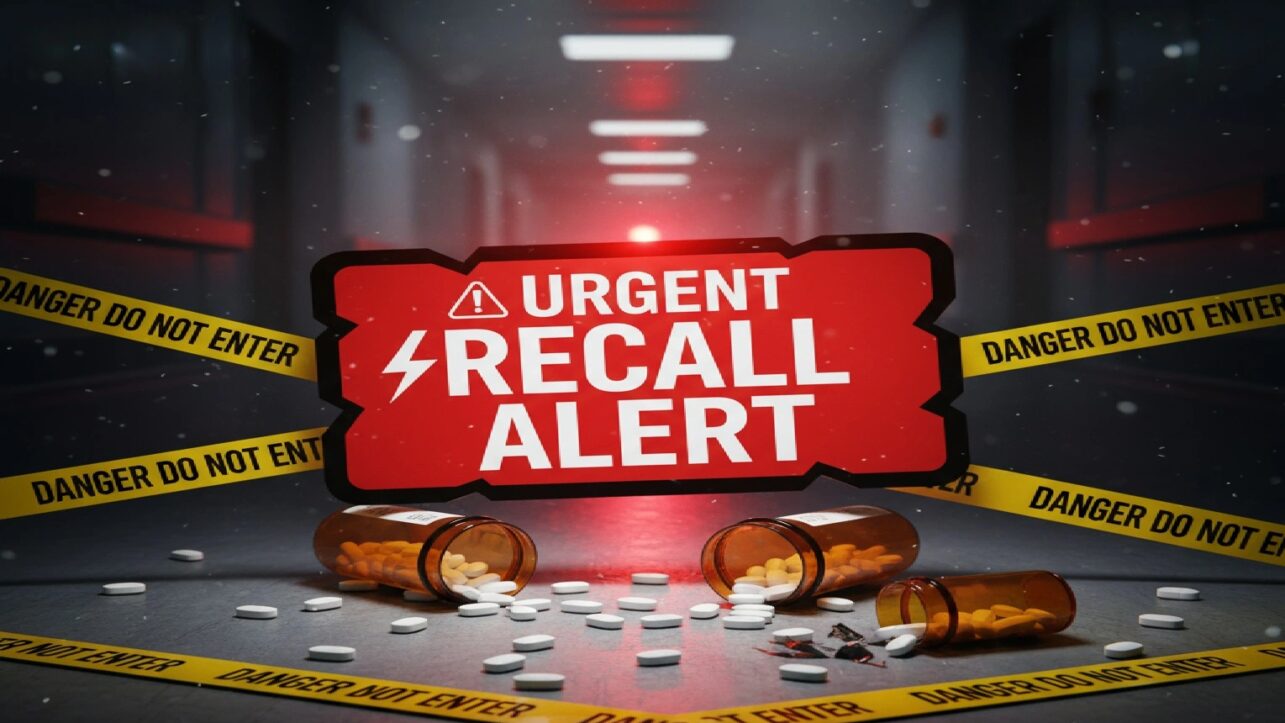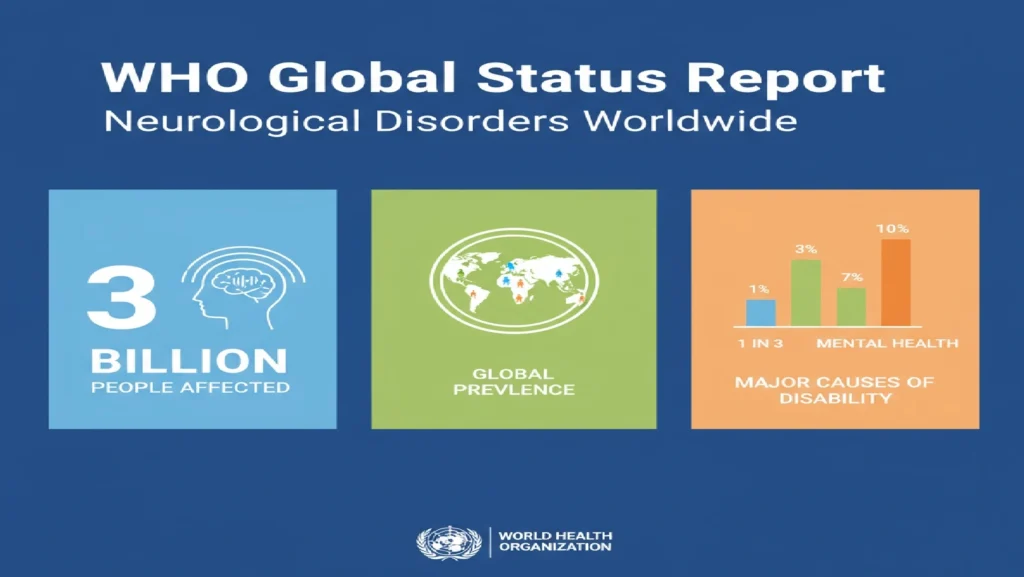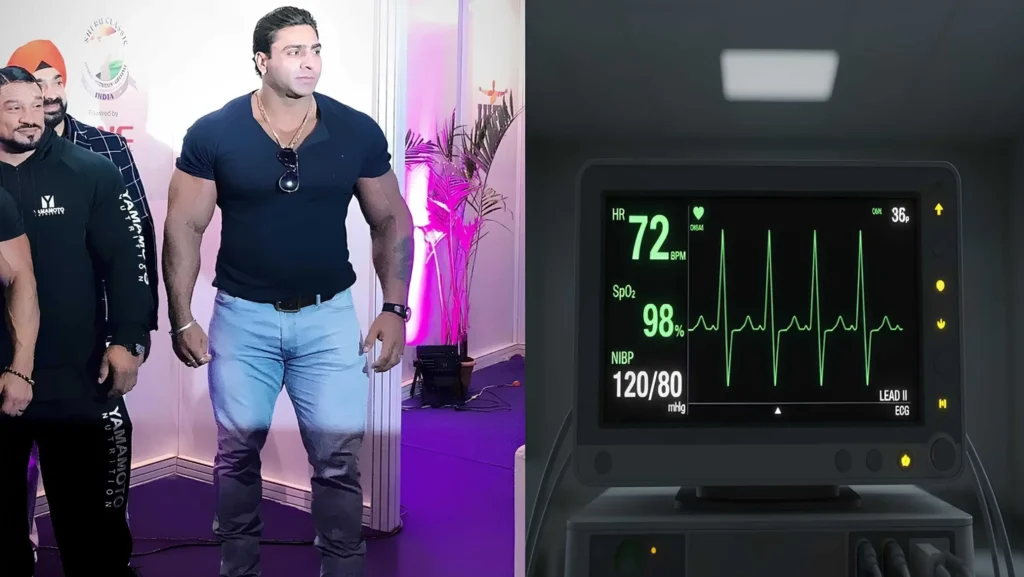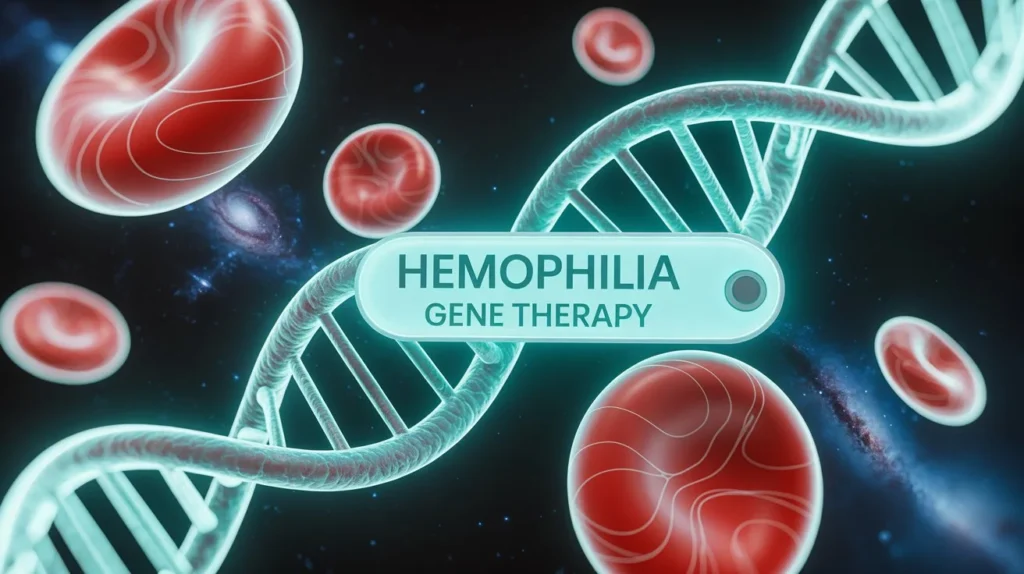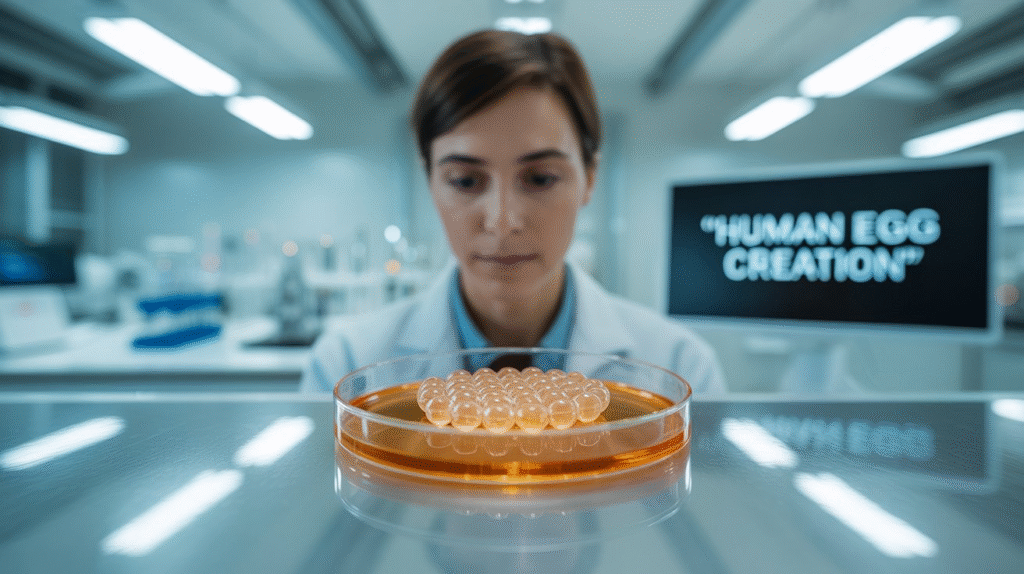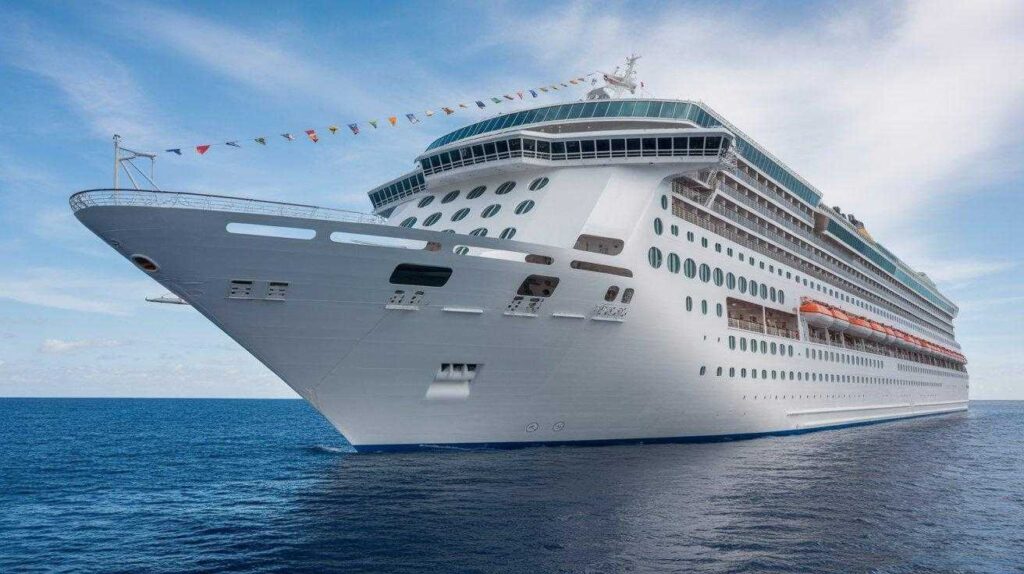Historic Ruling Shatters Big Pharma’s Monopoly, Brings Hope to 5,000 Families Fighting Spinal Muscular Atrophy
In a landmark decision that could redefine pharmaceutical access in India, the Supreme Court dismissed Swiss giant Roche’s final appeal, clearing the way for Hyderabad-based Natco Pharma to sell a generic version of Risdiplam—the only oral medication for Spinal Muscular Atrophy (SMA)—at a staggering 97% discount from the original price.
The two-judge bench comprising Justices P.S. Narasimha and A.S. Chandurkar delivered a terse but decisive verdict: public health prevails over patent monopolies.
The Price That Killed Dreams
For 26-year-old Seba P.A. and thousands like him living with SMA, Roche’s branded drug Evrysdi represented both hope and impossibility. At ₹6.2 lakh per bottle (approximately $7,400), with annual treatment costs reaching ₹72 lakh ($86,000) for the first two years and ₹56 lakh thereafter, the medication remained a distant dream for most Indian families.
Only 168 patients in India could access the drug through government programs and Roche’s limited charity initiatives—a drop in the ocean for a country with over 5,000 current SMA patients and 3,200 children born with the disease annually.
“Families were forced to choose between financial ruin and watching their children deteriorate,” says Dr. Krishnaji Rao, Secretary of the Indian Organisation for Rare Diseases (IORD). “This wasn’t healthcare—it was a death sentence with an unaffordable escape clause.”
The ₹41,000 Question: Why Not India?
What enraged patients and advocates most was the glaring pricing disparity. The same Roche medication was available in Pakistan for ₹41,000 and China for ₹44,692—nearly 15 times cheaper than in India. Senior counsel Anand Grover, representing Cure SMA Foundation, argued before the Delhi High Court that this “prohibitively high” pricing imposed unbearable financial strain on Indian families.
The question became unavoidable: Why were Indian lives valued so much less?
The Legal Battle: David vs Goliath
The journey to justice began in March 2025 when a Delhi High Court single judge ruled in favor of Natco Pharma, finding that Roche held a patent in India only for the specific chemical compound of Risdiplam but failed to file for the broader product patent—a technical gap that proved fatal to their monopoly.
Roche appealed to a division bench, which on October 9, 2025, delivered another blow to the pharmaceutical giant. The bench, comprising Justices Hari Shankar and Ajay Digpaul, found “credible grounds that Roche’s patent lacked novelty” and emphasized that public health takes precedence over patent protection.
The Supreme Court’s October 18 dismissal marked the final chapter, with the bench refusing to interfere with “concurrent findings” from lower courts and urging expedited resolution of the underlying patent suit.
The Game-Changer: Natsmart at ₹15,900
Natco Pharma’s generic version, branded Natsmart, will now be available at ₹15,900 per bottle ($179)—a price point that transforms an impossible luxury into an achievable medical intervention. The company has also committed to offering additional discounts through patient access programs for deserving cases.
“This is indeed a huge relief for me and my friends with SMA,” says Seba P.A. “The government will certainly be able to purchase and provide the medicine to patients for several years using the ₹50 lakh under the National Policy for Rare Diseases fund.”
Beyond India: A Global Ripple Effect
The implications extend far beyond Indian borders. K.M. Gopakumar, senior researcher at Third World Network, notes that other countries can now “source generic risdiplam from India if risdiplam’s patents are not valid in their countries or consider issuing a compulsory license.”
The Supreme Court’s decision also rejected Roche’s plea to prevent Natco from exporting the drug, opening global market access for the affordable generic version and potentially transforming SMA treatment accessibility worldwide.
What Is Spinal Muscular Atrophy?
SMA is a devastating genetic disorder that progressively destroys motor neurons, leading to muscle weakness, paralysis, and in severe cases, death. Children with early-onset SMA often don’t survive past age two without treatment.
Risdiplam, approved by India’s Drug Controller General in October 2020 and commercially launched by Roche in July 2021, was the first oral medication offering hope. When started early, it can stop disease progression and allow children to lead relatively normal lives. For adults, it significantly improves quality of life and eases debilitating symptoms.
But hope means nothing when it’s unaffordable.
Roche’s Response: Innovation vs Access
Roche expressed “strong disappointment” with the Supreme Court’s decision, emphasizing that “robust intellectual property protection is essential for fostering innovation and addressing critical healthcare challenges.”
The company added that for India to emerge as a global life sciences innovation hub, it must “protect and enforce patent rights effectively.”
Critics counter that innovation without accessibility is meaningless for patients who die waiting for affordable treatment.
The Verdict’s Larger Message
This ruling represents more than a single drug becoming affordable. It signals India’s judiciary taking an unambiguous stand: monopolistic patent practices cannot override the constitutional right to health and life.
The judgment reinforces principles established in previous landmark cases where Indian courts have consistently balanced patent rights with public health imperatives, particularly for essential medicines.
What Happens Next?
While Roche has vowed to pursue further legal options, Natco’s Natsmart can now be manufactured, sold, and exported immediately. The Delhi High Court has been directed to expedite the main patent infringement suit, but interim relief remains in place.
For India’s SMA community, the wait is finally over. Treatment that was once a privilege of the ultra-wealthy is now within reach of ordinary families.
“This is a watershed moment,” says Dr. Rao. “It proves that local manufacturing, backed by proactive government bulk procurement policies, can close the treatment access gap—as demonstrated in countries like China and Pakistan. Now it’s India’s turn.“
The Bottom Line
On October 18, 2025, India’s Supreme Court didn’t just rule on a patent dispute. It chose thousands of lives over one company’s profits. It declared that no child should die because their parents can’t afford medicine available cheaper in neighboring countries.
In a nation where rare disease patients have long struggled with inaccessible treatments and inadequate support systems, this verdict offers something transformative: hope backed by affordability.
For Seba P.A. and 5,000+ others living with SMA, justice finally arrived—at ₹15,900 per bottle.
About Spinal Muscular Atrophy (SMA):
- Genetic disorder affecting 1 in 10,000 live births
- Destroys motor neurons, causing progressive muscle weakness
- Four types ranging from severe infant-onset to adult-onset
- Previously considered incurable; Risdiplam offers first oral treatment option
- Early intervention critical for preventing irreversible damage
Key Facts:
- Roche’s Price: ₹6.2 lakh per bottle (₹72 lakh/year for first 2 years)
- Natco’s Price: ₹15,900 per bottle (97% cheaper)
- Pakistan Price: ₹41,000
- China Price: ₹44,692
- Patients Previously Accessing Drug in India: 168 out of 5,000+
- Supreme Court Ruling Date: October 18, 2025


